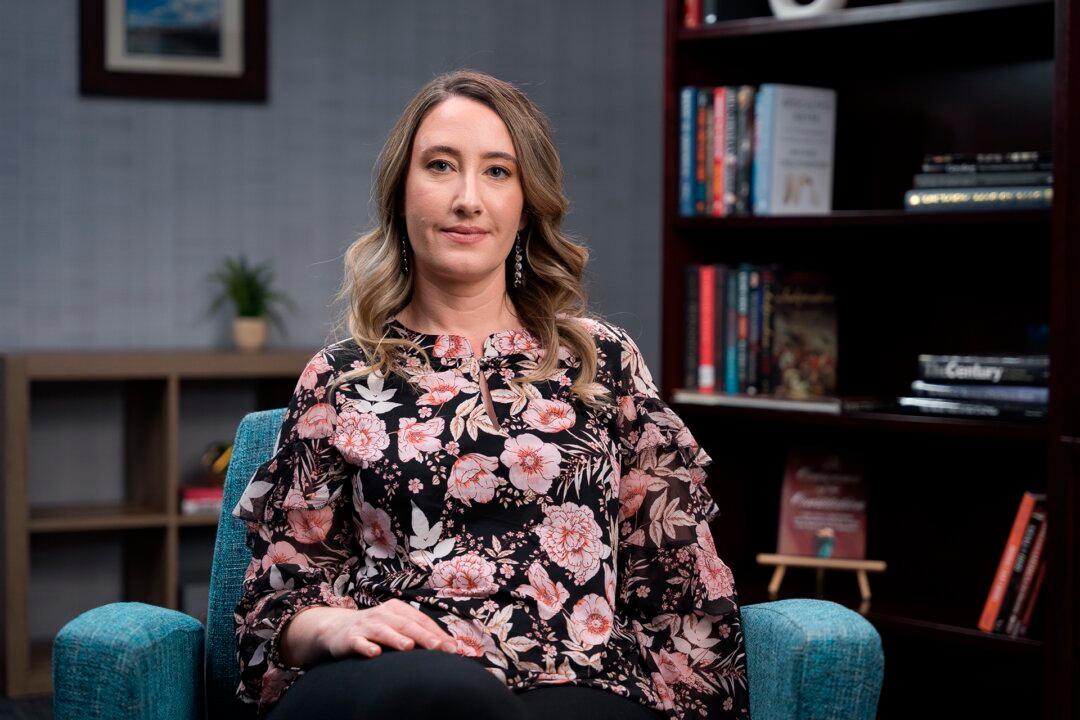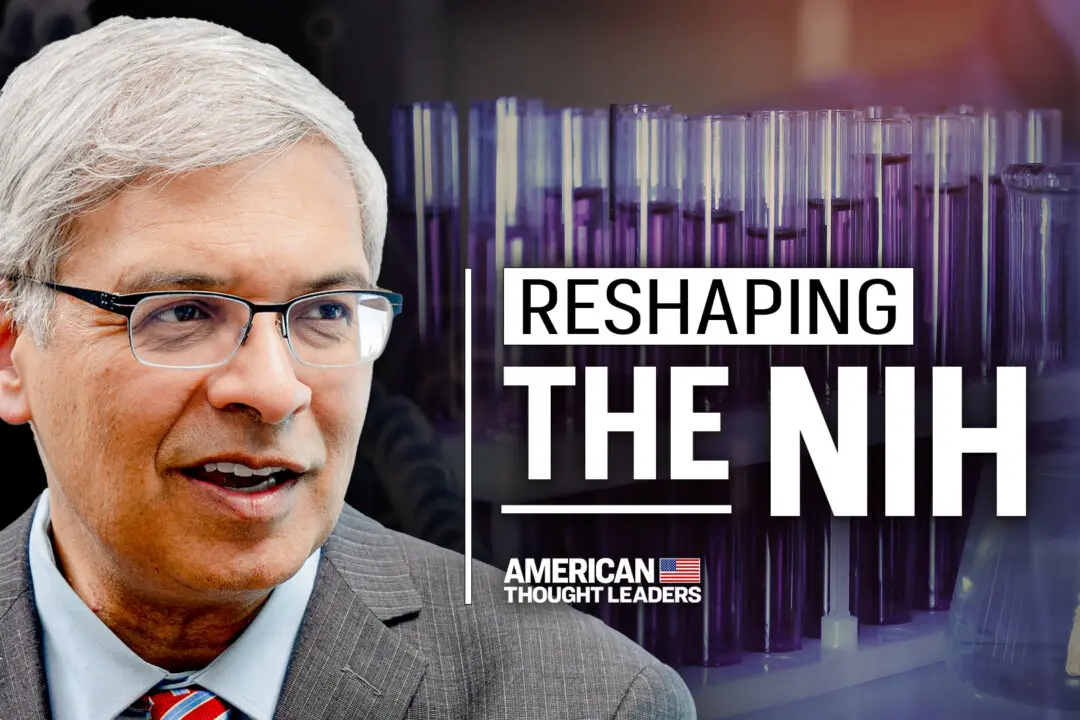“We’re agreeing with the lie,” therapist Stephanie Winn says, “that these vulnerable young people really have no other ways of coping than to make life-altering decisions with a lot of negative ramifications for their health.”
In a recent episode of “American Thought Leaders,” host Jan Jekielek talked with Stephanie Winn, a licensed marriage and family therapist who’s currently treating detransitioners and parents of gender-questioning youth. Winn is also featured in “Affirmation Generation,” a new documentary that critically explores the “gender-affirming” model, society’s suppression of detransitioners, the for-profit trans industry, and the many myths associated with being transgender.






